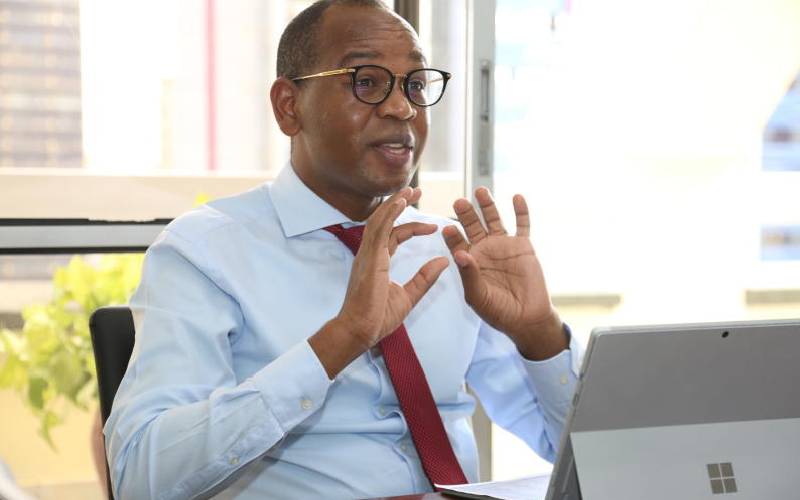×
The Standard e-Paper
Read Offline Anywhere

Joshua Oigara, the outgoing KCB Group chief executive, is not the kind of person to be easily carried away by the wave.
He proudly wears the tag of contrarian and scoffs at individuals who are obsessed with fitting in rather than doing the right thing.